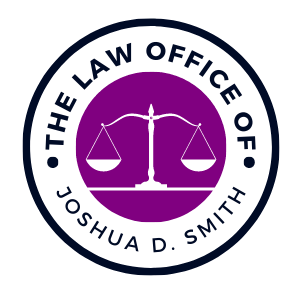DUI/DWI FAQs
DUI/DWI Frequently Asked Questions
Below are some general answers to commonly asked questions, though since each case is different, we cannot categorize these as legal advice, and we therefore highly recommend consulting an attorney for your specific situation.
-
I was just arrested for DWI, how quickly should I hire an attorney?
Immediately! You have only 15 days from your arrest to request a hearing on your driver’s license. You need an attorney skilled in representing persons charged with DWI and who actually try motion hearings, litigate jury trials, and ALR proceedings. This is important because a DWI can adversely affect your life and your future.
-
If I am stopped for suspicion of DWI, can I refuse the breath test?
Yes, you have the right to refuse the test. Be aware that the fact that you refused the Breath test may be used against you in your DWI trial and may result in a more severe license suspension. But, unless you are 100% certain that you will pass, you probably should not take the Breath test.
-
I think I failed the breath test, is the case over for me?
No, by no means. There are numerous things the officer administering the test must do while giving you a Breath test. More importantly, juries can still return a “not guilty” verdict even with a Breath test.
-
The officer said he had me on video tape. Will that hurt my case?
Not necessarily. In fact, the video tape can often aid in your defense. You may look better than you thought, and the officer may have not done what he is trained to do. Typically the officer administers the standardized field sobriety tests, which means they must be demonstrated, instructed, and performed the same way every time. An experienced DWI attorney can usually make the tape work for you.
-
I refused to take the breath test, but I was still arrested. Why?
In Texas, intoxication can be proven one of three ways: (1) 0.08 or more, (2) not having your normal mental faculties, OR (3) not having your normal physical faculties. Typically, when you are requested to take a Breath or Blood test, you were already under arrest. At this point, the Breath test is merely a formality.
-
I have to drive to get to work. How do I get there if my license is suspended?
First off, if the Administrative License Review hearing is requested within the first 15 days, your driving privileges are restored until the ALR judge makes a determination to suspend your driver’s license. At that point should the judge suspend your driver’s license, you may be eligible for an occupational driver’s license which will enable you to travel to and from work.

